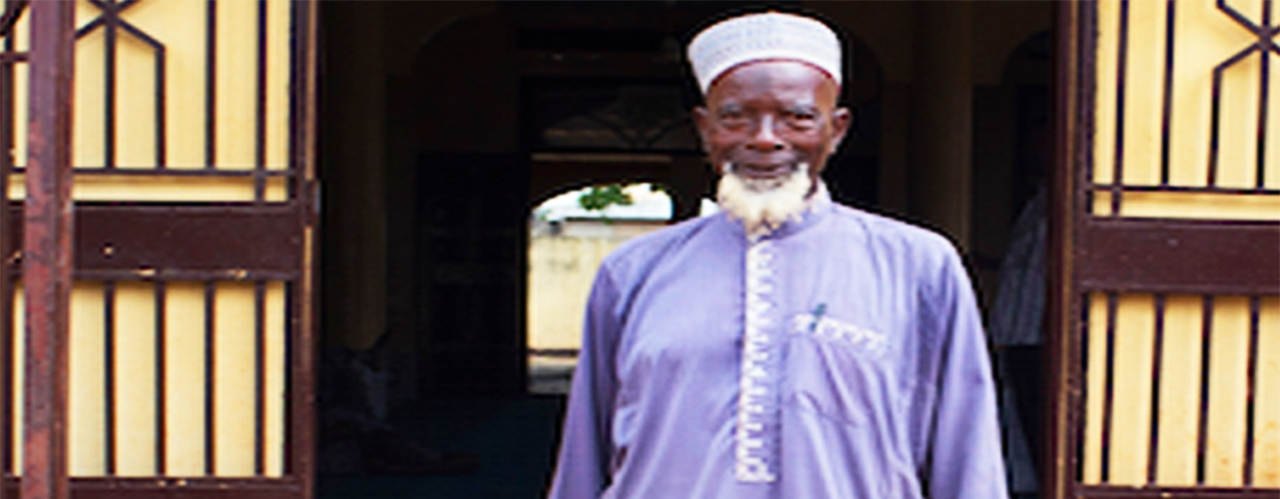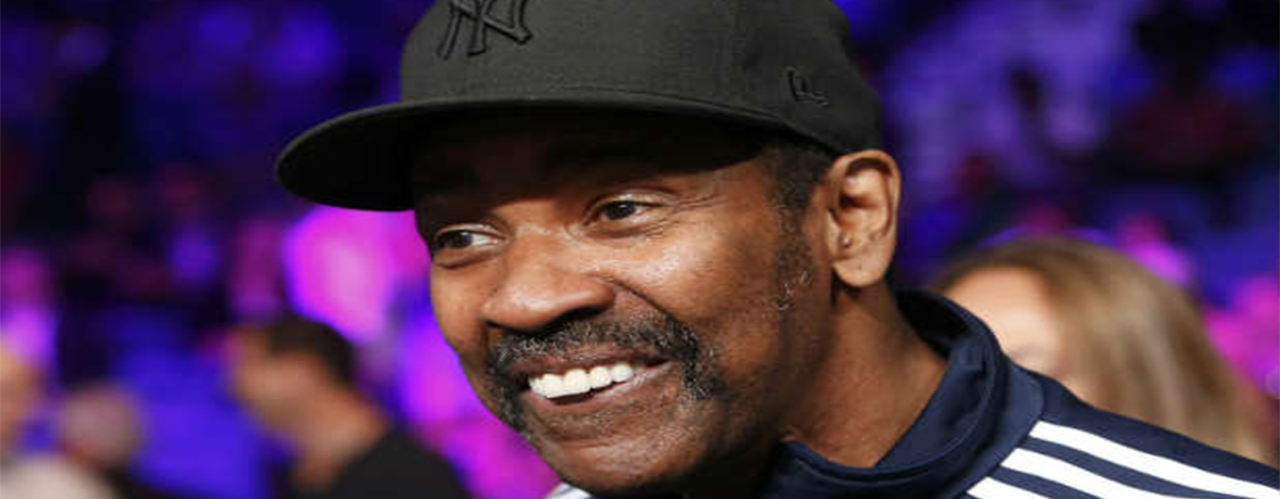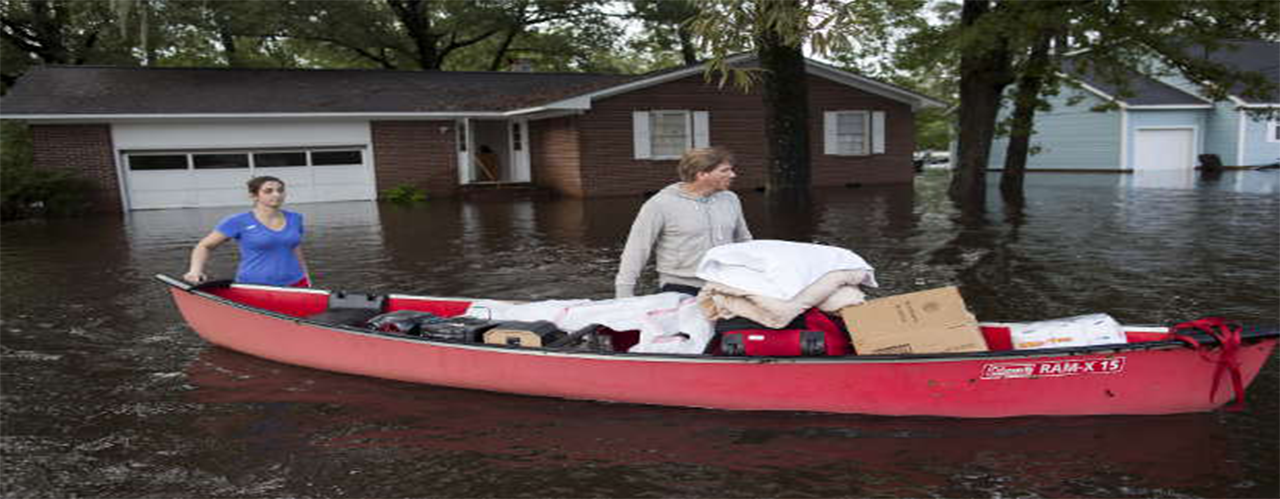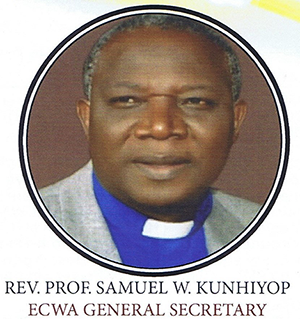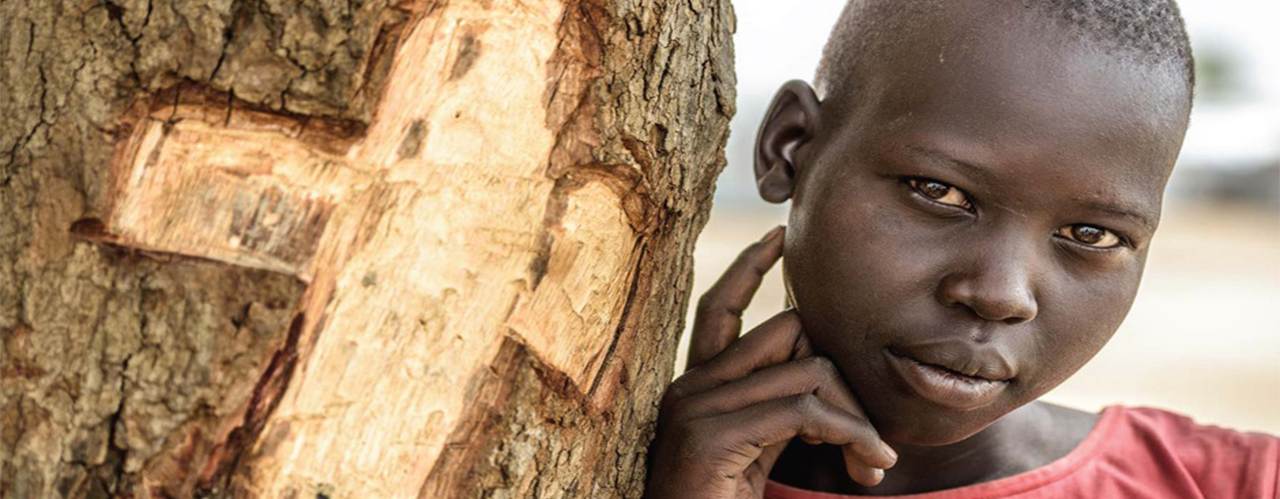Being a New Yorker, I only go to the top of the Empire State Building about once every thirty-five years, and I have been to the Statue of Liberty just twice. Merely once in my life have I welcomed the new year in Times Square, and I had the impression that I was the only New Yorker in the crowd. As for the opera, people who live here boycott it under its present management, and I have never shopped in Macy’s, even though it is practically next-door. Only one time, as a child, did I see the Easter show at Radio City Music Hall, and even then the spectacle of a rabbit and a lily dancing to Rubenstein’s “Kamennoi Ostrow” played on the mighty Wurlitzer was a shattering experience never repeated. By way of reaction, it may have been an impetus for my choice of theology as a career.
Theatrical depictions of the Three Wise Men are even more problematic. For the best of intentions, their jeweled turbans and bedecked camels in Christmas pageants relegate them to the realm of charming fantasy. Actually, most things Middle Eastern used to be that way, a vague place of flying carpets and magic lamps, Aladdin and Ali Baba, and “Kismet” with melodies by Borodin. For one of my aunts, Arabia was forever the land of Rudolph Valentino. Romance makes the story of the Magi seem unreal, and harder to comprehend than that other epiphany when the Lord was baptized in a muddy stream not as exotic as Abanah and Pharpar.
In the “global village” of the electronic media, Arabia, and the whole Middle East, are not the illuminations of story books any longer, not even in the purview of New Yorkers for whom the divide between the Occident and the Orient is Fifth Avenue. It is likely that those “wise men from the East” were Zoroastrians from Persia, not kings but magisterial priests of the monotheistic and dualistic belief system called Mazdayasna. Its god Ahura Mazda had a prophet, although he did not think of himself as such, who was Zarathustra, or to the Greeks named Zoroaster. Some claim that he was born in 628 B.C., and by another calculation, he may have been a contemporary of Moses. There are fewer than 200,000 of them today, dwindling in numbers since their persecution by the first Muslim caliphs starting with Abu Bakr, for whom Islam, in the mode of Mohammed, meant submission or death. The Muslims defeated the forces of the last Shahinnshah, Yazdergerd III, at al-Qadisiya in 635; two years later they seized the capital of Ktesiphon, and, in a grievous loss for civilization, destroyed its vast library, including its scientific texts, for the Zarathustrians were highly accomplished astronomers. Much of that knowledge was lost after the collapse of the Sassanid Empire in 651. The Magi knew both the stars and the Hebrew Scriptures, and shared an expectation of a Messiah born of a virgin. Their people had long been on friendly syncretistic terms with the Jews whom they protected after their release from the Babylonian exile.
Iran and Syria are strategic allies now, and Christians there and in Iraq have a history no less complicated than the Magi, some dating their foundation to Saint Thomas the Apostle. Leaders of their suffering Chaldean Catholic Church and Melkite Greek Catholic Church have been issuing letters, hoping that their words will be more than feathers in the breeze. Patriarch Louis Raphael I Sako said: “This year Iraqi Christians will celebrate Christmas in deplorable circumstance, on the one hand because of the deteriorating condition of the situation in our country on all levels, and, on the other hand, because of what they have gone through as Christians, victims of segregation and exclusion.” Archbishop Jean-Clément Jeanbart of Aleppo, Syria said to anyone who would listen: “Here we are, for a fifth year now, celebrating the Feast of the Nativity as bombs are raining down. I do not know how many of you have lived through such a depressing and sad experience, but I can assure you it is painful these beautiful days, so ardently awaited each year, amidst shortages and lack of security, or electricity and, to top things off, cut off from the rest of the world by a strict and very tight boycott.”
During his visit to Bolivia in July, 2015, Pope Francis said: “Today we are dismayed to see how in the Middle East and elsewhere in the world many of our brothers and sisters are persecuted, tortured, and killed for their faith in Jesus. In this third world war, waged piecemeal, which we are now experiencing, a form of genocide is taking place, and it must end.” Yes, he did say genocide, just as he spoke of the historic genocide of Armenians, causing Turkey to withdraw its ambassador to the Holy See. The genocide of Christians is as real and as palpable as it is nervously unnamed by our own United States government in its captious protocols. On Christmas Eve, President Obama did mention atrocities against Christians, but he cited “ISIL” as the only persecutor, neglecting the fact that Christians are suffering systematically throughout the Sunni Muslim world, in places subsidized by U.S. tax dollars. No one could say that Pope Francis is subtle in his summons to welcome the most problematic refugees, but he has declared: “There is no Christianity without persecution… Today, too, this happens before the whole world, with the complicit silence of many powerful leaders who could stop it.”
This Christmas, the car of the Latin patriarch Fouad Twal was stoned in Bethlehem where no public signs mentioning Christmas were allowed. In 2015, the United States welcomed Syrian refugees, through agencies including Catholic Charities receiving federal monies, but besides 2,149 Muslims, there were only 31 Christians and 6 Zoroastrians, while Christians are about ten percent of the Syrian population. Although Europe is flooding with refugees, they are not welcome in most Muslim territories, including Saudi Arabia and the United Arab Emirates. These states give welfare funds, some substantial, but they fear that immigrants from a more pluralistic Syrian culture might destabilize Muslim fundamentalism, as well as call into question the status of present-day temporary workers.
Such monolithic theocracies are growing, not declining, through internationalism. For one example, four years ago Brunei instituted Sharia law with penalties including beheadings and amputations. The Sultan of Brunei, Hassnal Bolkiah, has been decorated by many European countries, is an Honorary Admiral of the British Royal Navy, and Honorary Knight Grand Cross of the Order of the Bath. Shortly before he sanctioned a law for the stoning to death of sodomites, the University of Oxford made him an honorary Doctor of Laws. Bad timing. When a group of stoneable undergraduates asked that the degree be rescinded, they were ignored. Brunei has just imposed a prison sentence of five years for anyone celebrating Christmas publicly, and Somalia has followed suit. The Sultan of Brunei, with a personal wealth of 20 billion dollars and a fleet of 2,000 cars—including 600 Rolls Royces collected as a hobby by his brother—has built the world’s largest palace at a cost of $350 million in a gilded style one might call Transitional Moorish-Las Vegas, but he has no room for refugees. Meanwhile, the leading Islamic leader in Saudi Arabia has called for the destruction of “all the churches” in the Arabic peninsula.
At the request of the U.S. State Department, one of my oldest and kindest friends let her house in Palm Beach to King Saud of Saudi Arabia in January, 1962 while he was recovering from eye and stomach surgery done in Boston. He brought along numerous wives and a few of his 115 children. My friend belonged to a Christian denomination founded by King Henry VIII who only practiced sequential polygamy. During that month, in which President Kennedy made a fifteen-minute courtesy visit, his brother Faisal back in Saudi Arabia began a coup with proposed controversial reforms including the abolition of slavery. On the Feast of the Epiphany, my friend told King Saud that she was celebrating the Three Kings, to which he replied through his bewildered interpreter, “Who are the other two?” Anyway, he left her with a gift of rubies that were stolen years later.
So one still might echo Rudyard Kipling: “East is East and West is West and never the twain shall meet.” The Chaldean Catholic archbishop of Mosul, Amel Shumoun Nona, has warned from exile in Kurdistan: “Our sufferings today are a prelude to what even European and Western Christians will incur in the near future. Your liberal and democratic principles here (in the Middle East) are not worth anything. You need to rethink our reality in the Middle East because you are receiving in your countries, an increasing number of Muslims. You too are at risk. You have to take strong and courageous decisions, at the cost of contradicting your principles. You think that men are all the same. It is not true. Islam does not say that all men are equal. Your values are not their values. If you do not understand in time, you will become victims of the enemy you have welcomed into your home.”
East is East and West is West. Yet the Wise Men in their wisdom outwitted King Herod, and such wisdom, mated with self-neglectful virtue, melts all physical and ideological boundaries with a charity that gives hope to the most helpless. That is why Kipling continued with his ballad:
But there is neither East nor West, Border, nor Breed, nor Birth, When two strong men stand face to face, tho’ they come from the ends of the earth!
Fr. George W. Rutler is pastor of St. Michael's church in New York City. He is the author of many books including Principalities and Powers: Spiritual Combat 1942-1943 (South Bend, IN: St. Augustine’s Press) and Hints of Heaven (Sophia Institute Press). His latest book is He Spoke To Us (Ignatius, 2016).

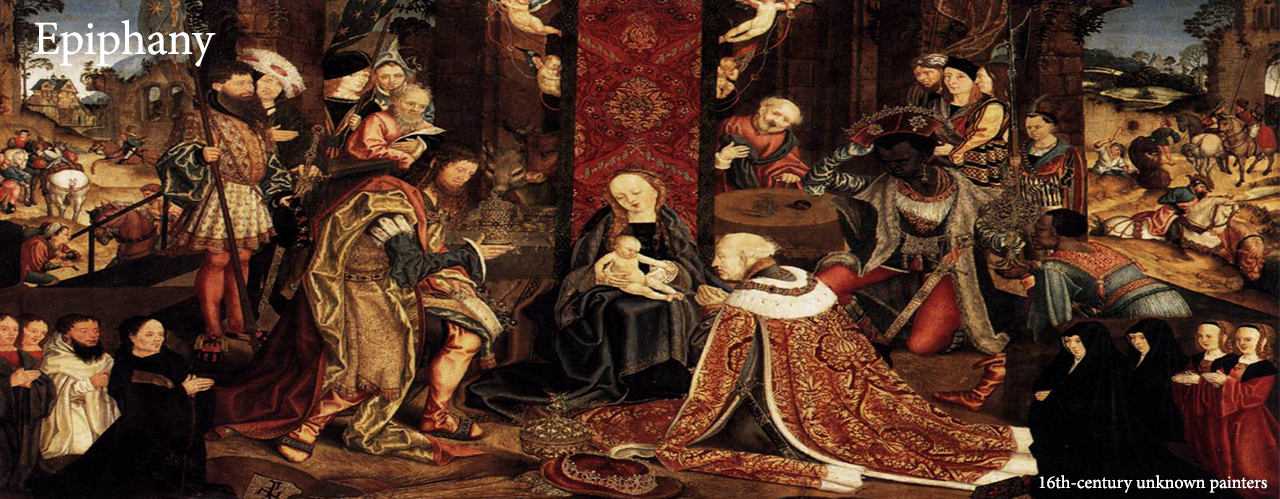
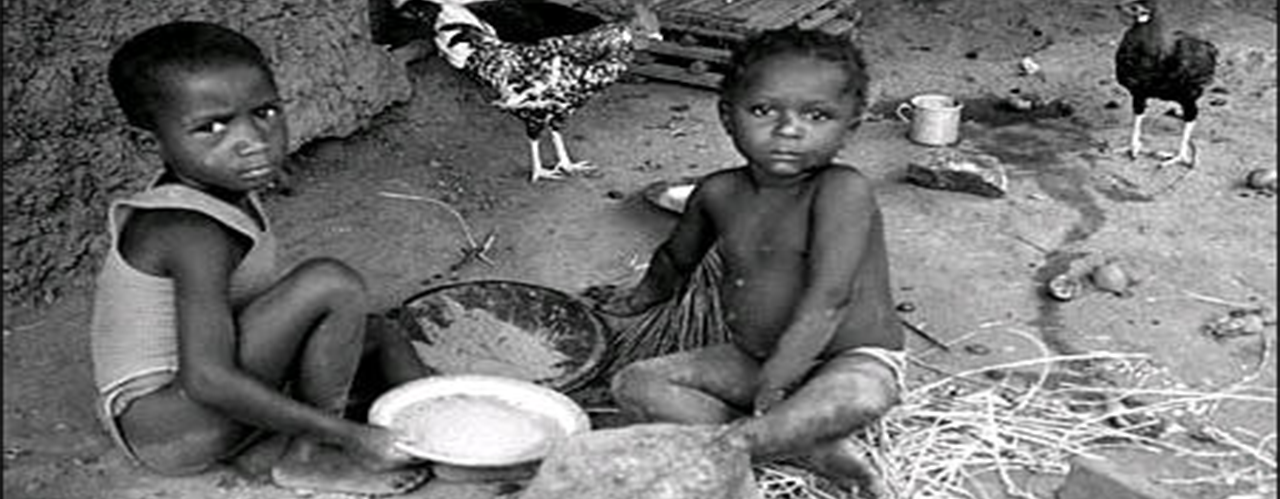
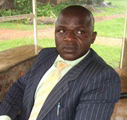 1. Auyba Guffwan, Director,
1. Auyba Guffwan, Director, 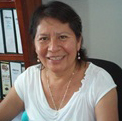 Even as recently as a few years ago, microfinance was billed by many as the silver bullet that would eradicate world poverty. Many
Even as recently as a few years ago, microfinance was billed by many as the silver bullet that would eradicate world poverty. Many  3. Paul Niehaus, Co-founder and U.S. Director, GiveDirectly.
3. Paul Niehaus, Co-founder and U.S. Director, GiveDirectly. Menchit Wong began her career as a social worker in a slum re-settlement program in the Philippines. Thirty-six years later, she was standing on the platform at the international Lausanne Conference in Cape Town, addressing a large audience of global Christian leaders (from churches, ministry organizations, movements and alliances), championing the rights of children. The global church gathered at this conference recognized children as a priority in the coming decade. “It was a kairos moment,” Menchit says of her presentation. “God orchestrated a two-minute opportunity for Compassion to convince the global Church to invest in the value, potential, and priority of children in poverty.” It was a ministry model, says Menchit, “that ran contrary to hundreds of years of practice.”
Menchit Wong began her career as a social worker in a slum re-settlement program in the Philippines. Thirty-six years later, she was standing on the platform at the international Lausanne Conference in Cape Town, addressing a large audience of global Christian leaders (from churches, ministry organizations, movements and alliances), championing the rights of children. The global church gathered at this conference recognized children as a priority in the coming decade. “It was a kairos moment,” Menchit says of her presentation. “God orchestrated a two-minute opportunity for Compassion to convince the global Church to invest in the value, potential, and priority of children in poverty.” It was a ministry model, says Menchit, “that ran contrary to hundreds of years of practice.”
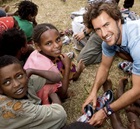 5. Blake Mycoskie, Founder and CEO, TOMS Shoes, Inc.
5. Blake Mycoskie, Founder and CEO, TOMS Shoes, Inc.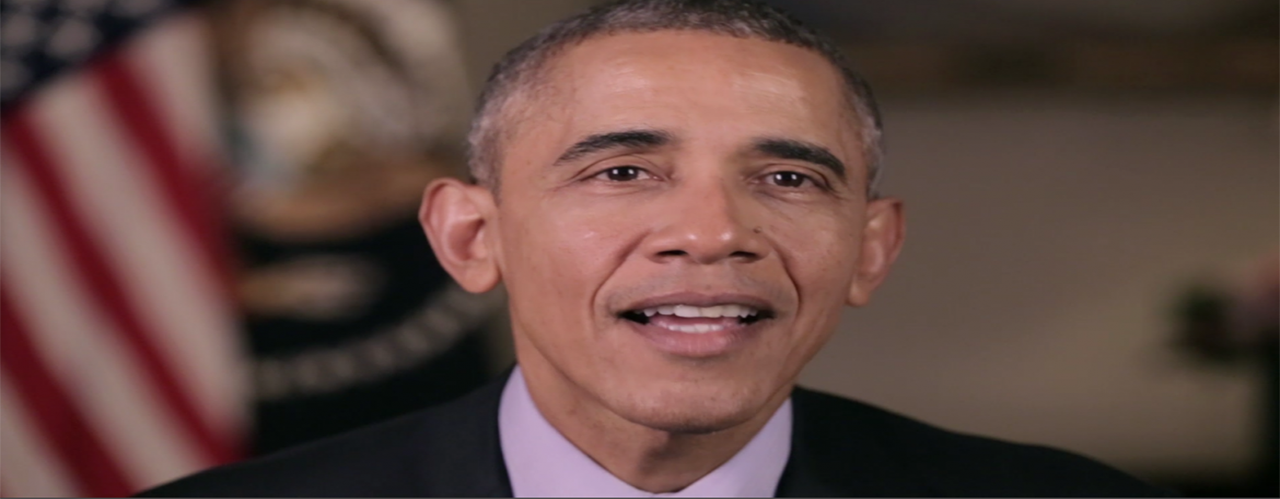
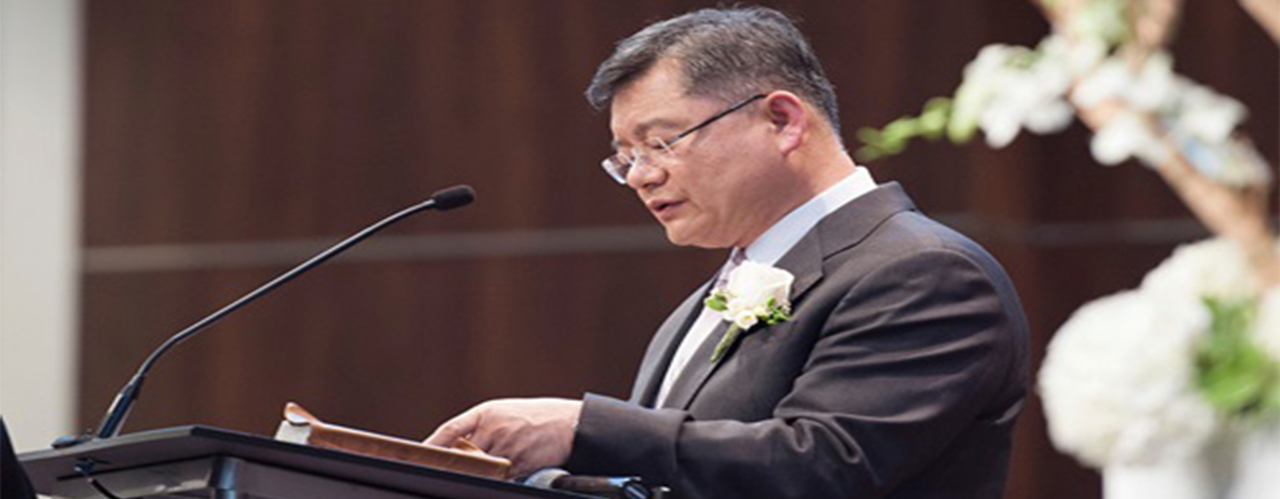
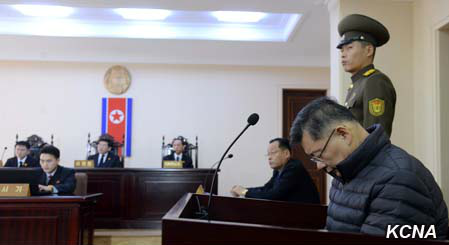 According to the official Korean Central News Agency (KCNA), state prosecutors argued for the death penalty against Lim in Wednesday’s 90-minute trial at the nation's supreme court,
According to the official Korean Central News Agency (KCNA), state prosecutors argued for the death penalty against Lim in Wednesday’s 90-minute trial at the nation's supreme court, 